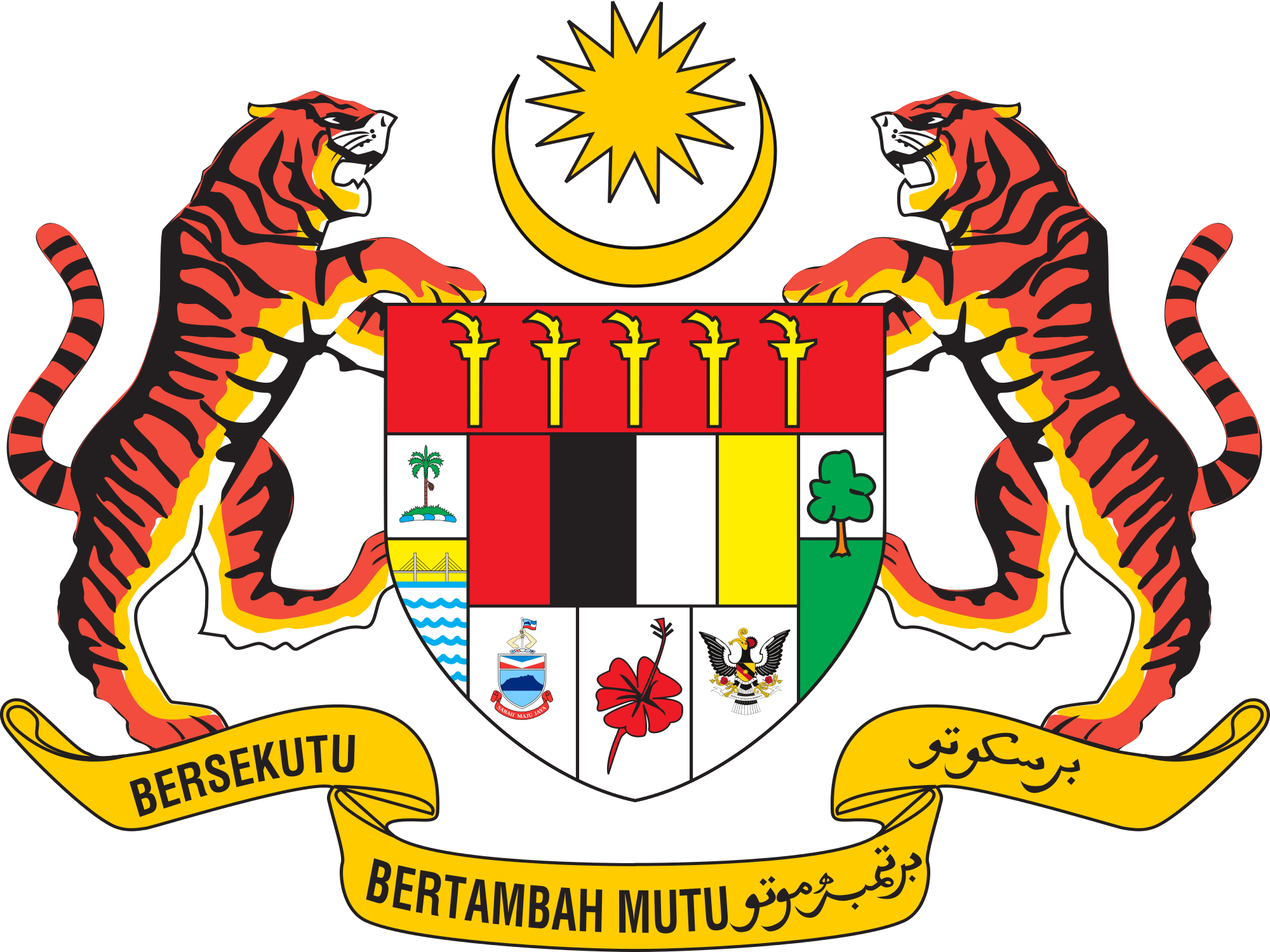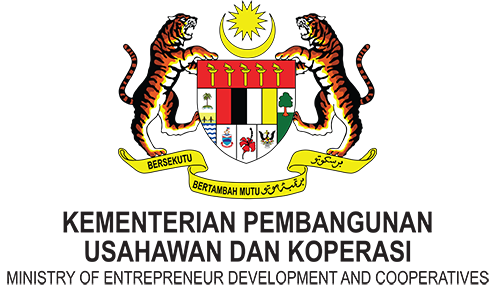The 3rd Asian SME four-day Conference 2015 in Miri, which ends today, has the unique features of engaging various kinds of stakeholders for the generation of practical ideas for the development of small-medium enterprises (SMEs). The theme was “Asian Entrepreneurship: Fostering Cross-Border Collaboration”.
International and national participants had the opportunity to visit Malaysia’s palm oil industry, liquefied natural gas facilities in Bintulu, the Samalaju industrial estate and indigenous entrepreneurship centres. Academic experts from various nations and organisations presented papers on SMEs and entrepreneurship. Student participants were immersed in experiences of problem solving and innovative thinking to gain insight on the best practices and wisdom of SMEs and entrepreneurship. Yang di-Pertua Negeri Tun Abdul Taib Mahmud traced the history of Miri as the first oil town of Malaysia, the development of Sarawak and how SMEs can shape the future of the state, Malaysia and the region.
The conference reflected the collaboration of so many stakeholders, including Datuk Dr Habsah Hashim, chief executive officer of SME Corp Malaysia, Tan Sri Abdul Rahman Mamat, chairperson of the International Council for SME & Entrepreneurship Malaysia, Professor Dr Ki Chan Kim, president of the International Council for Small Business, and other distinguished leaders in the field. Dr Zakaria Taib and his team had tirelessly worked for almost two years to make the conference a success. Professor Datuk Dr Lau Siu Wai, 85, shared his experiences in building 15,000 buildings, including the Meritz Hotel where the conference was held. Professor Charles Matthews, Hans Picher, Ayman El Tarabishy and others all shared their worthy role-model experiences. Hermawan Kartajaya, like Philip Kotler, is a thinker-practitioner considered among the “top 50 gurus who have shaped the future of marketing”. He, Kotler and Hooi Den Huan, the director of Nanyang Technopreneurship Centre in Nanyang Technological University, Singapore, saw the relationship between entrepreneurship, marketing and the importance of SMEs in developing the region. Together, they established the Philip Kotler Centre for Asean Marketing.
Now that Asean has begun to focus not just on politics, security and economics, but also on socio-community development, there is the demand to think Asean — people to people in entrepreneurial Asean with social and cultural innovation. A Deans’ Council Forum raised and analysed questions regarding the required paradigm shifts for impactful implementation of SME programmes. The forum agreed that there is urgent need to reformulate business degree programmes on entrepreneurship to make them relevant to the times, and encourage society to be engaged in innovation, talent development, globalisation, culture, curiosity, innovation and intuition. There is recognition of the urgent need for a paradigm shift in the dominant secular curriculum and analytic Western approach to business and entrepreneurship to encompass the holistic spirit and substance of human/humane governance. It is held that one or two courses on entrepreneurship do not make people SME entrepreneurs.
Just as not everyone can become top musicians, not everyone can also become entrepreneurs. The entrepreneurial mindset is only one component of the shift that is desired. The preferred value-based leadership of business leaders and entrepreneurs is reflected in the articulation of Humane Entrepreneurship Charter as follows: “Today we proclaim the endorsements of new entrepreneurship principles, which are founded on the values of humanity, and will become the basis of every company to pursue true sustainability by embedding the well-being of the society in the business process, curated in the human entrepreneurship model and convened into the human cycle and the enterprise cycle, are 10 principles as follows: empowerment, ethics, equality, engagement, ecosystem, envisioning, enthusiasm, enlightenment, experimentation and excellence.” Taib and eleven leaders of international organisations of small business from various countries are signatories to the Miri Endorsement of Entrepreneurship, which emphasises the need for human, humane spirit and substance in business development. Miri, the second largest city in Sarawak, was granted city status on May 20, 2005. The Miri initiative is symbolic of other initiatives that will be taken throughout the country. The time is now set that excellent scholars and intellectuals are spread nationwide.
These scholars have the capacities to attract the best brains to their localities to share experiences and ideas on developments for the futures. With the partnership and collaborations with the best brains from around the world, local leaders and citizenry will no more be conned or suppressed by the ignorance and arrogance of inbred ideas, which trap and enchain minds. With courage and commitment, local intellectuals can reclaim the right of scholars to define and shape futures in their localities and contribute significantly beyond their spheres of space, time and culture. The writer is president, Malaysian Association for Education
Read More : http://www.nst.com.my/news/2015/10/nurturing-humane-governance-business?d=1






















